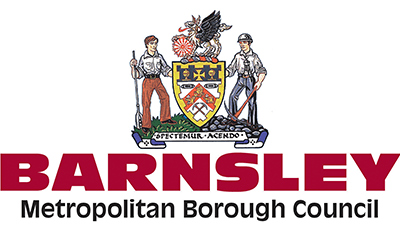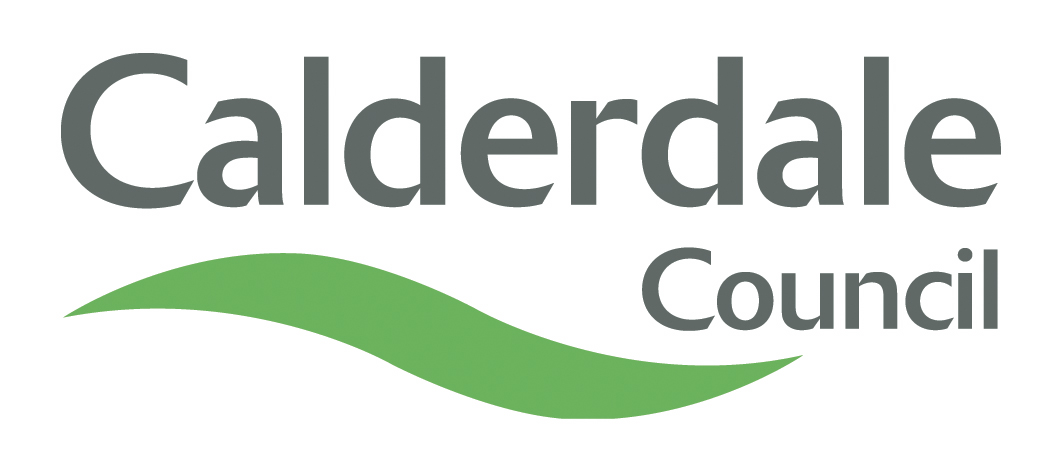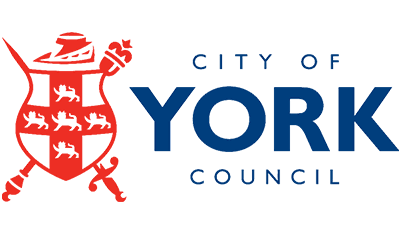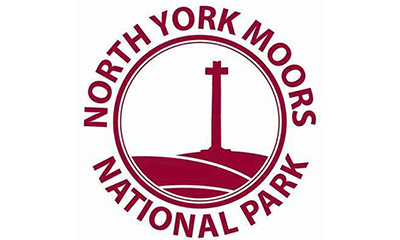Energy & Sustainable Design
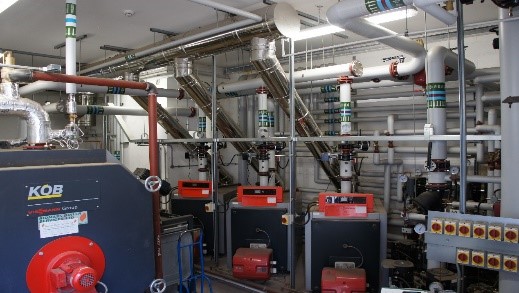
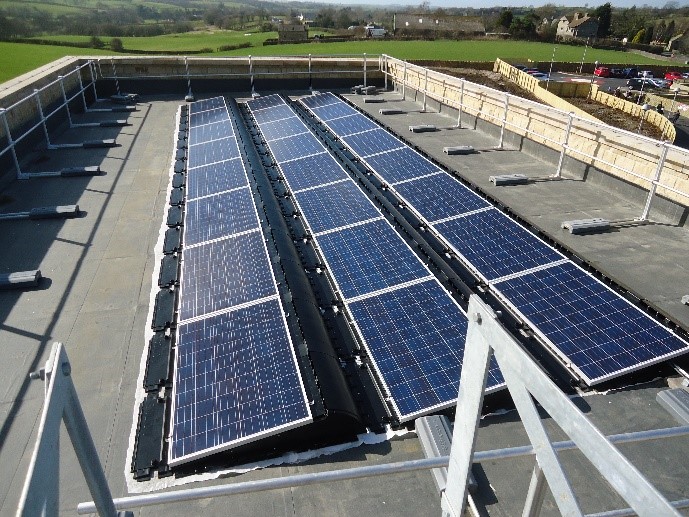
The Challenge
We are committed to helping our clients achieve the most practical energy efficient and sustainable buildings. We ensure that decisions surrounding the implementation of energy are justified upon practical, technical and financial grounds. We have a holistic approach to help meet regulatory approval and if required go beyond regulations to satisfy client aspirations.
Our dedicated in-house, specialist team take a positive approach to sustainability that reflects our sustainability values. Our in-house engineers and energy assessors are qualified to advise on the current energy and sustainability legislative regulations. We carry out commercial EPC’s, Part L compliance (SBEM) and energy audits to evaluate and maximise carbon and energy performance for new and existing buildings. Our engineers have had in-depth experience of renewable and low carbon technologies and have knowledge of the on-site practicalities of such technologies.
Solution
Design capabilities range from biomass heating schemes, combined heat and power, photovoltaics, solar hot water systems, ground source and air source heat pumps, natural ventilation, passive solar design, day-lighting optimisation, wind turbines and rainwater recovery.
We have also assisted building end users qualify for feed-in tariffs and renewable heat incentive payments. Sherburn High School – Biomass Heating Installation: With the importance of sustainability, we replaced an ageing gas boiler for the school with a wood pellet biomass boiler. Wood fuel is a CO₂ neutral fuel, releasing only as much CO₂ when burned as the trees have absorbed. As the wood pellets are harvested from sustainable forestry, which is renewable, biomass is eligible for payments from the governments Renewable Heat Incentive (RHI) Scheme. The installation comprised of 500 kW boiler, sized carefully to provide the majority of the school’s heat load and only supported occasionally by the existing gas boiler.
Benefits
Our engineers assisted the school throughout the RHI process, which resulted in the scheme successfully qualifying and receiving an annual income of £35,000.
Bentham Primary School – Photovoltaic Installation: Working to achieve a ‘very good’ BREEAM rating, our M+E engineers opted to install a photovoltaic (PV) installation, in order to lower its carbon footprint. The installation was accredited to the Microgeneration Certified Scheme (MCS), in order to register the scheme for the Feed in Tariff (FIT) payments. The installation comprised of 20 panels providing an area of 30m² housed on an ‘A’ frame support.
An 8.5m² area of photovoltaic cells is typically, sufficient to cover the average power consumption of one person. A display generation panel was installed in the main school reception area, to allow the school to use it as an extra educational resource and to allow teaching staff to provide visual display data in science and technology classes. The system was also provided with feed-in tariff metering that can be read from the metering portal.







